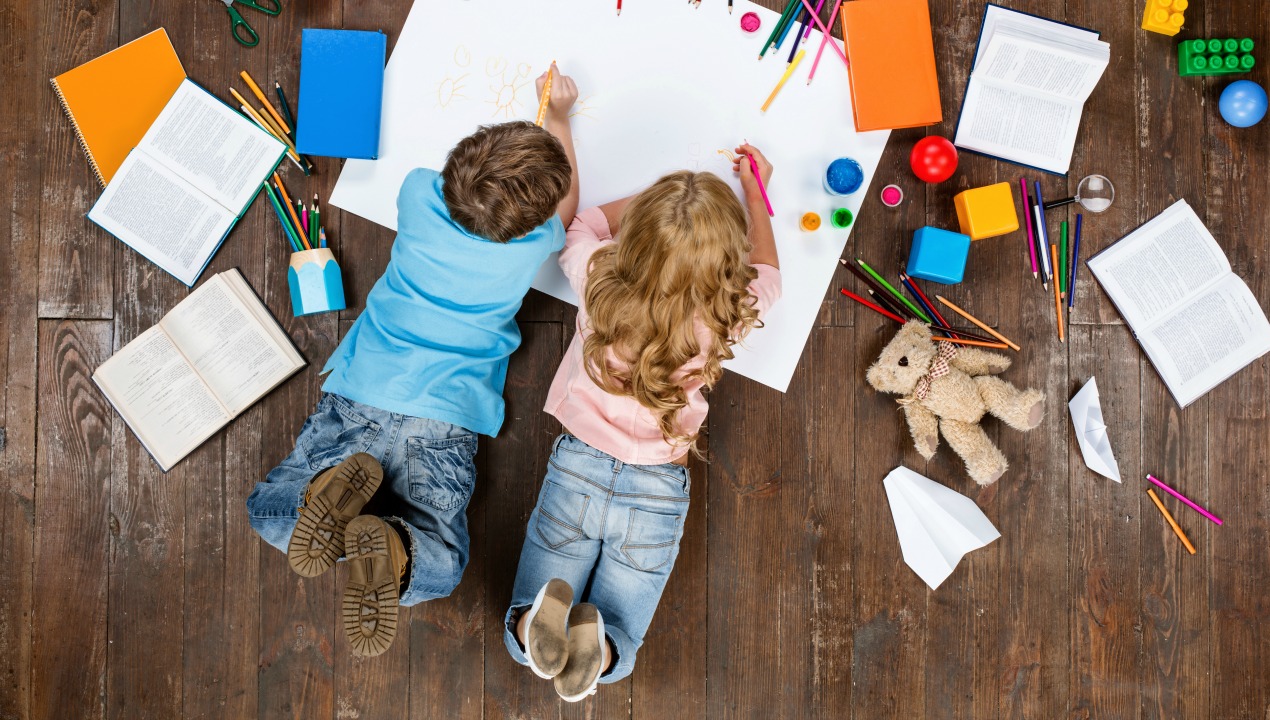Growing up, I don’t think there was anything my parents did—or didn’t do—to impact my creativity. At-least not directly.
In-fact: “creativity” was an unfamiliar word to me until I got my first job! I hadn’t really heard people reference creativity until I was working alongside self-described “creatives” in the design industry.
But there were elements of my childhood that have absolutely impacted my perception of creativity, and my ability to think creatively.
Isn’t it funny how we’re tremendously impacted by things in our lives we don’t realize until much, much further down the line?
My father was a surgeon.
Meticulous with his hands, analytical in how he processed problems and situations. It wasn’t surprising for me to come home from school and find my father in the driveway with the family car in pieces. He’d take it apart by hand and lay all the parts out around him as he worked.
Every screw, plastic cap, and metal panel laid on the concrete driveway. My father’s hands would be covered in grease and glue, cuts and scrapes. He’d have sweat on his brow and dirt all over his jeans.
When asked what he was doing there in the driveway, he’d explain there was a squeaking sound when the window was being rolled down, or that the radiator hose was old and leaking, or something else he was investigating or trying to repair. Rather than taking the car into a professional mechanic my father figured he’d save a few dollars and do the work himself.
“Everything is easier once you start,”he’d tell me. “Once you start taking something apart it’s easier to see how it all comes together.”
Or, to use another quote from a source I am not quite sure the source of:
Don’t let your fear of breaking things keep you from trying new experiments, that’s how you learn about the real world.
Just because we might not know how a car works doesn’t mean we’re incapable of repairing it ourselves when something breaks. The fear we face at the outset is often just an acknowledgement that we’re on the bridge between not knowing something and knowing it.
My father’s example showed me that most complex things are really comprised of many small, simple things. If I ever wanted to better understand something all I needed to do was really look at all of its parts.
My mother was a school teacher.
She understood the importance of education, of building knowledge and expanding our perspectives of the world around us.
When my parents divorced my mother found creative ways to keep her children entertained. She didn’t have much in the way of money, but she did have exercises and games she could give to me and my brothers and sisters.
I remember cupboards full of colored paper in the home: all different shapes, sizes, and colors. We couldn’t afford every new toy or form of entertainment, but we could afford paper and glue.
My mother taught me that imagination can do a lot, much more than nearly any other part of our brain’s processes. To quote Albert Einstein:
“Imaginationis more important than knowledge. For knowledge is limited, whereas imaginationembraces the entire world”
A secondary part of what I learned from my mother was making due with what you’ve got. If we didn’t have money to buy art supplies, we’d whiteout an older work of art. Or use a brown paper bag, or paper plate, or old clothes, as the canvas.
I learned I should never feel limited by what I don’t know or what I don’t have. Instead I can get crafty by looking at the world around me and what I do know or do have in order to do more.
Growing up, I never really thought about these lessons.
But as I reached adulthood and began finding my own way in the world I began to understand just how impactful these lessons from my parents were.
Creativity requires us to jump into unknown situations: to uncover new and novel ideas. It requires us to be open to possibilities and embrace the fact we simply don’t know everything there is to know. But it also requires us to try anyway: to paint when we don’t know how, to write when we might be wrong, to tinker and experiment and press forward even when we feel limited.
